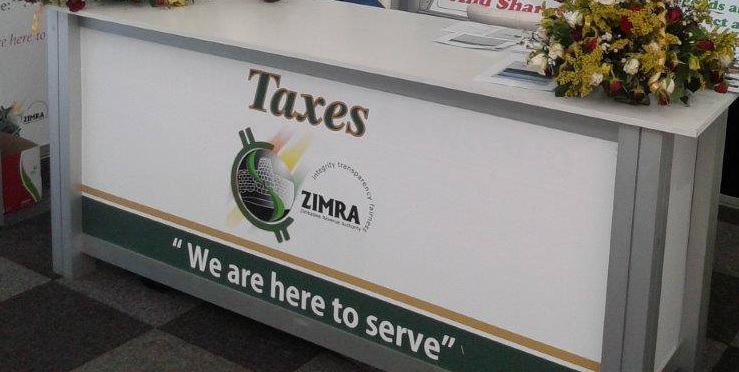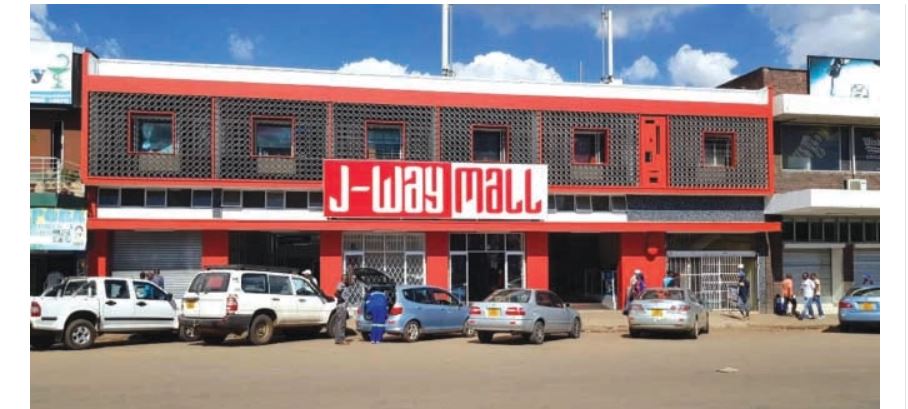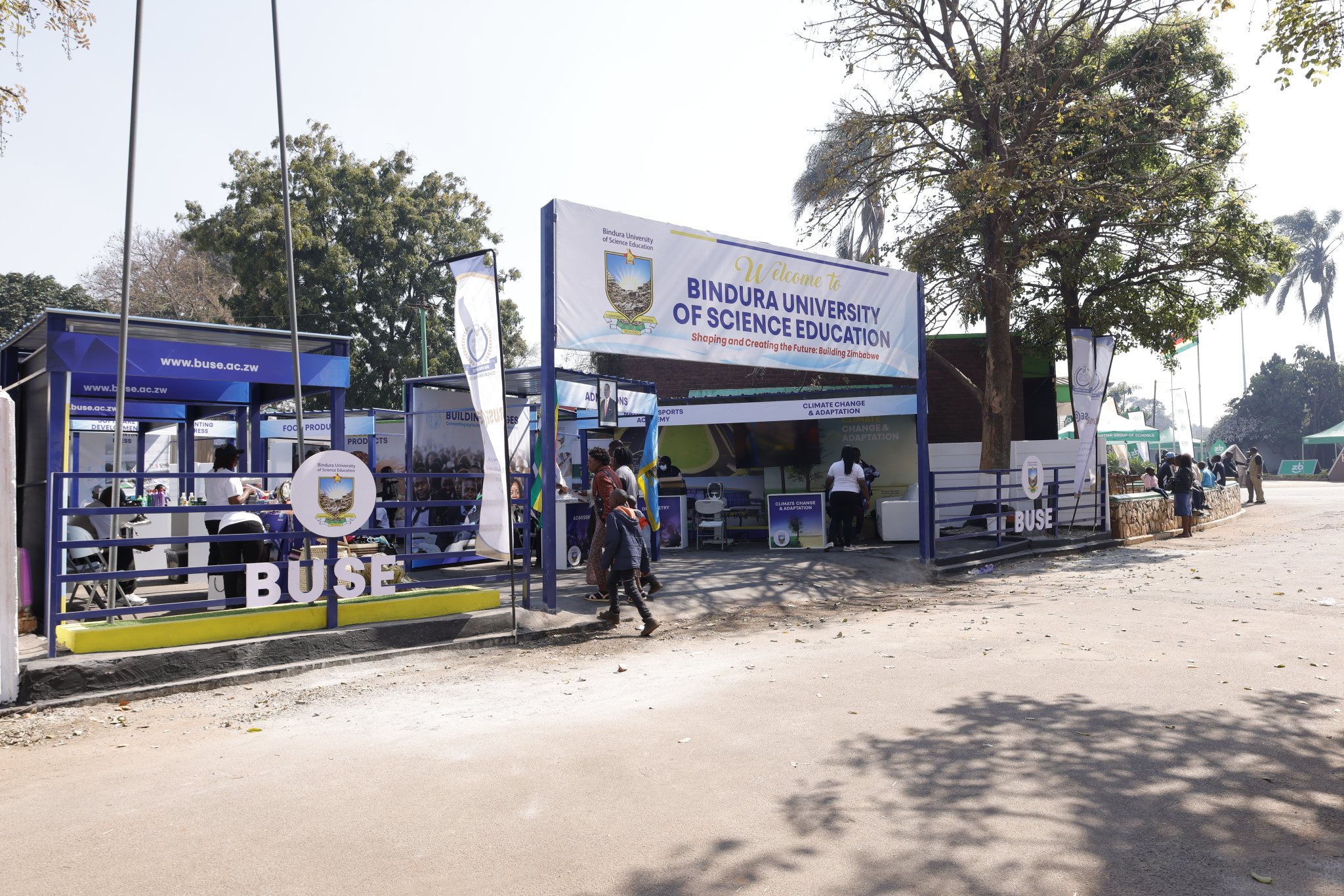Bindura University of Science Education (BUSE) has set a new benchmark for higher learning institutions in Zimbabwe by establishing a cutting-edge industrial park that merges innovation, manufacturing, and economic development. The initiative aligns with President Mnangagwa's call for universities to go beyond theory and spearhead industrialisation through homegrown solutions.
At the core of the facility is Palp Technologies, a production plant assembling laptops, tablets, and cellphones under the university's "Palp" brand. Operating at full capacity, the plant can manufacture 12,000 laptops, 12,000 tablets, and at least 3,000 feature phones per month. The devices are designed to be affordable, with feature phones priced at US$7, laptops at US$350, and tablets or smartphones at US$80, significantly undercutting imported alternatives.
BUSE Vice Chancellor Professor Eddie Mwenje highlighted that the initiative directly responds to the President's directive for universities to become engines of industrialisation.
"Today, we are assembling laptops, tablets, and cellphones that are not only affordable but also tailored to the needs of our people. This is the beginning of a homegrown technology industry in Zimbabwe," said Prof Mwenje.
The industrial park currently employs around 30 young Zimbabweans, mostly recent graduates trained by the university, with plans to double the workforce as production scales up.
Beyond ICT gadgets, the park also hosts a chemical production plant, which evolved from the university's COVID-19 response initiative. It now produces household detergents, school laboratory chemicals, and industrial cleaning agents. A mouthwash production line is also set to be commissioned, further demonstrating the commercial potential of academic research.
To improve accessibility, BUSE is constructing a shopping mall within the park, creating a one-stop retail hub for laptops, tablets, phones, detergents, mouthwash, and other locally manufactured products.
Prof Mwenje described the industrial park as a "living laboratory" where research, innovation, and entrepreneurship converge to meet Zimbabwe's developmental needs.
"This is not just about BUSE; it is about responding to the national vision of creating a modern, industrialised economy. The products we are making here are proof that Zimbabwean universities can innovate, produce, and compete," he said.
The BUSE industrial park is a tangible embodiment of Zimbabwe's push for value addition and import substitution, bridging the digital divide for students and households, creating jobs and skills for the local community, and showcasing how innovation can drive national economic growth.
With its blend of technology, manufacturing, and commercial infrastructure, BUSE's industrial park represents a landmark achievement and a blueprint for how higher education institutions can transform research and innovation into industry, livelihoods, and lasting national impact.
- zimpapers
 Zimra imposes US$2m penalty on OK Zimbabwe
Zimra imposes US$2m penalty on OK Zimbabwe  South Africa ripe for a coup
South Africa ripe for a coup  India dumps US Treasury bills
India dumps US Treasury bills  Zimbabwe's dollar stock exchange surges 45%
Zimbabwe's dollar stock exchange surges 45%  Gold edges up as traders await guidance
Gold edges up as traders await guidance  fastjet introduces Bulawayo-Victoria Falls flights
fastjet introduces Bulawayo-Victoria Falls flights  Young Investment Professional (YIP) Graduate Programme 2019
Young Investment Professional (YIP) Graduate Programme 2019 











 Young Investment Professional (YIP) Graduate Programme 2019
Young Investment Professional (YIP) Graduate Programme 2019
Editor's Pick